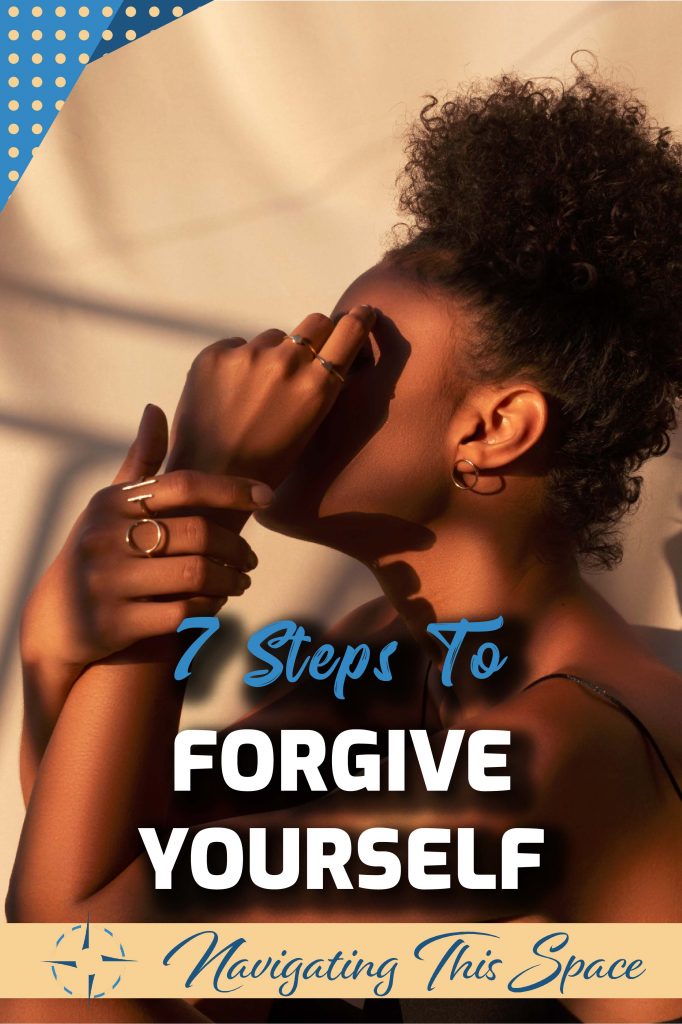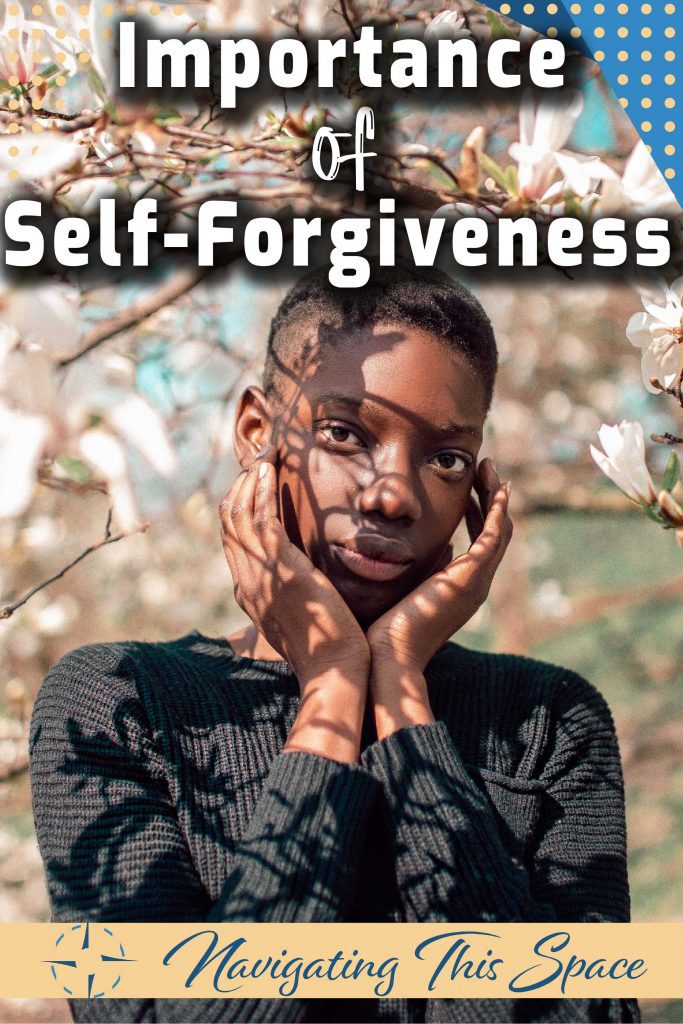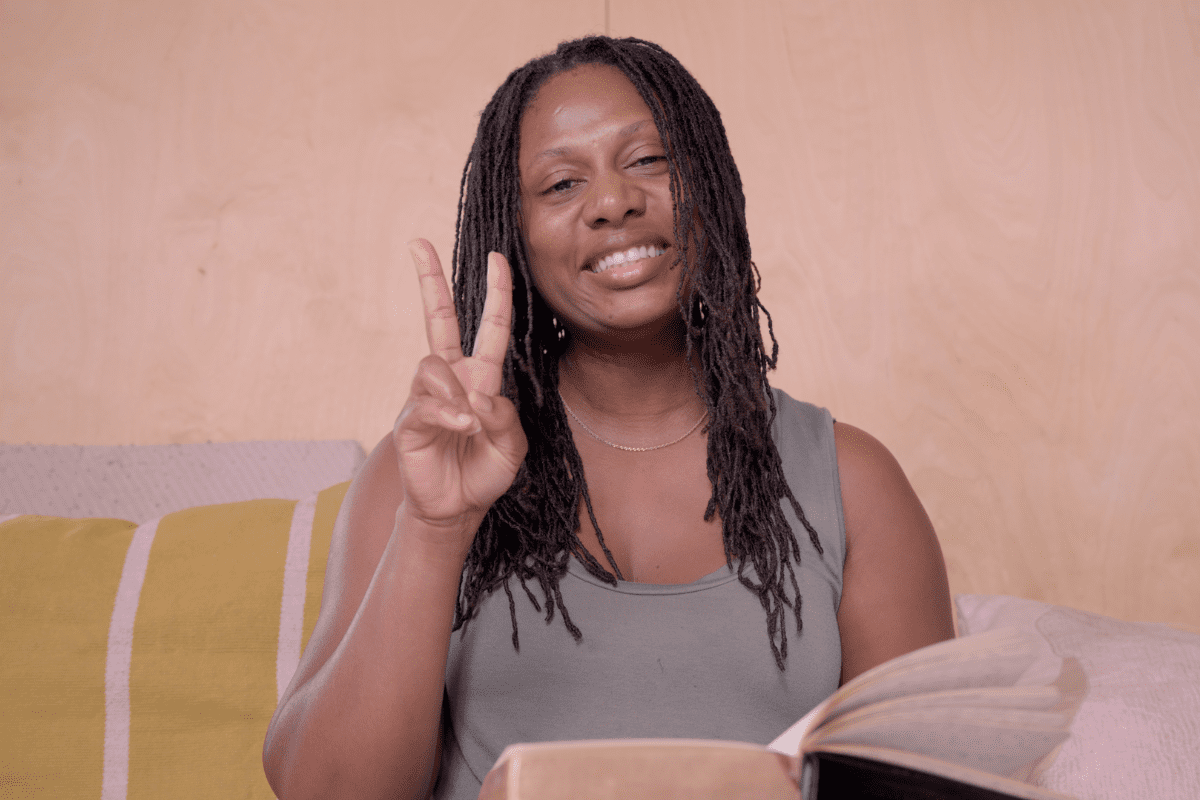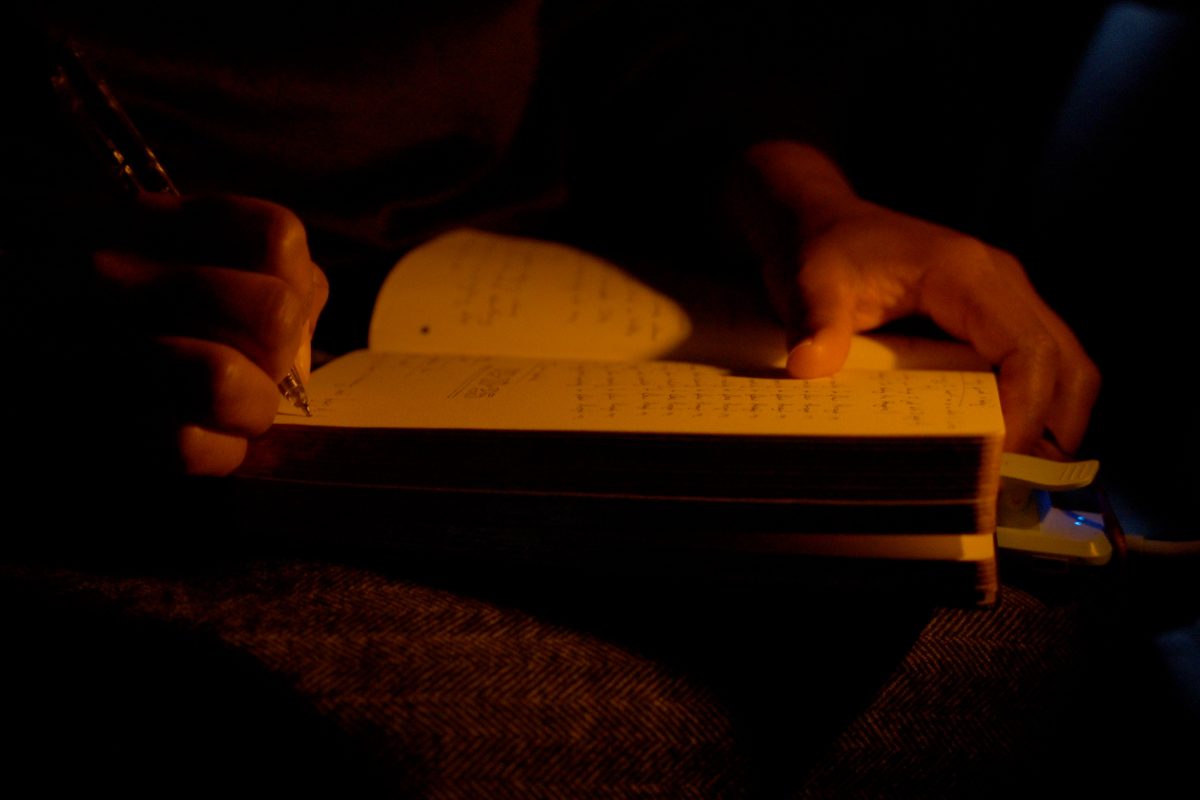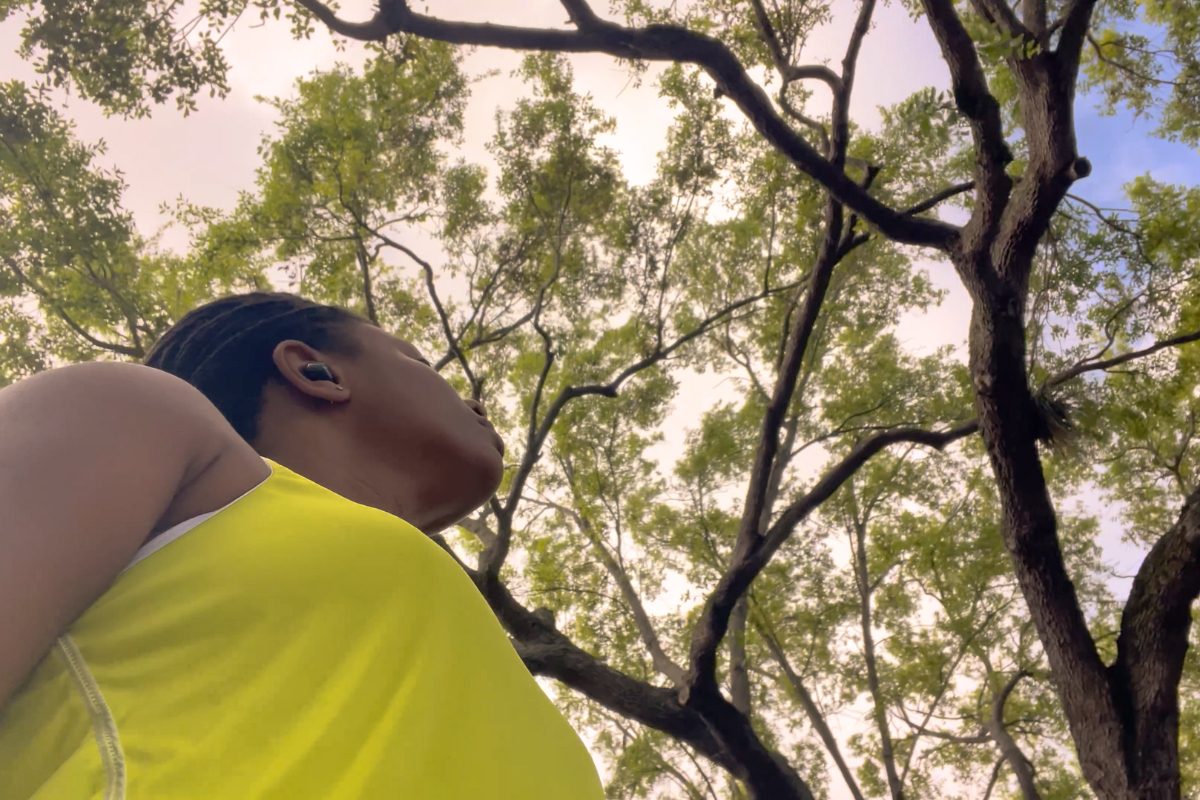What is the best and easiest way to live a fulfilling life?
By forgiving yourself.
It sounds simple, but many people find it difficult and don’t know where to start.
The most important thing you can do for your self-esteem and mental health is to forgive yourself for past mistakes.
Learning how to forgive will help you move on from painful memories and make room in your life for new things that are good for you!
What Happens When You Forgive Yourself?
It’s easier to forgive someone else than it is to forgive yourself. We hold ourselves to higher standards, so we feel that our mistakes are unforgivable.
Unfortunately, this causes us to chastise ourselves more often because most of us were taught that mistakes are detrimental instead of being valuable lessons.
Forgiving yourself can be one of the most challenging things because you have to accept that what has happened was your fault and learn from it. However, once you begin forgiving yourself, you’ll find that life becomes much more joyful and stress-free.
It’s inevitable, people make mistakes.
You do, I do, everyone does, and it is easy to feel guilty about them. But, the hardest part of moving on from a mistake is forgiving yourself.
When you take the time to understand why you need to forgive yourself it becomes more apparent that the guilt is the thing holding you back from allowing yourself to let go of the situation and move forward.
Why Is Forgiving Yourself so Hard?
The thing about self-forgiveness is this: when you know better but choose not to listen to your gut feeling, the consequences you face are much more difficult to forgive.
This is why you will find it hard to forgive yourself because you believe that the pain you’re going through is the lesson you’re being taught.
But sometimes, that pain you’re holding on to is a form of self-sabotage. As a result, you’re punishing yourself MORE for not trusting yourself.
You are causing yourself more pain than you need to bear!
Forgiving yourself can be one of the hardest things to do because we place a lot of pressure on ourselves to do things right every single time.
But, the truth is, you’re only human, and you are bound to make mistakes. That’s how you learn, grow and become a better person.
How Do You Forgive Yourself for Doing Something Terrible?
Self-forgiveness is never easy. I’m not going to lie to you. It’s hard to admit your fault and then find it in your heart to give yourself forgiveness, especially when you’ve done something that you deem unforgivable.
But, the truth is, you are not perfect, and you don’t need to be.
I’m here today to tell you that it’s okay if you’ve done something wrong because, in order for us to learn and grow as humans, it’s imperative to make mistakes.
Everything in life, every situation, every trial, every mistake, everything is a learning lesson!
Don’t be so hard on yourself, and don’t stop trying.
Every mistake is worthy of forgiveness.
You will find it a lot easier to forgive someone else than you would yourself, but in order to have a mind from feelings of guilt, you need to forgive yourself.
Don’t let your past mistakes keep you from moving forward in life.
Why Is Forgiveness Important?
Choosing to forgive no matter the situation shows your level of maturity and emotional intelligence.
It is also a sign of love and a greater understanding for other humans.
The act of forgiveness doesn’t just benefit the forgiver; it also has benefits for the forgiven by allowing them to feel relief from any negative feelings that might have been weighing on them.
The truth is, you are not perfect. No one is, no matter how hard they try to be.
Life is about learning what is wrong and right and choosing to do the right thing. But again, sometimes we will mess up by trusting the wrong people, ignoring our gut feelings, and ignoring the signs the universe repeatedly showed us.
Forgiveness is necessary for your mental health and well-being.
No matter how many times you mess up, you can always try again with a more compassionate and forgiving attitude.
Why Is Self-forgiveness Important?
We often think that forgiveness is an action that has to come from someone else.
It is much easier to forgive others than to forgive yourself and make amends for your mistakes.
But, if you choose not to forgive, the negative emotions and guilt will delay your healing.
If you want to live a life without burden, then it is crucial for you to let go of any feelings of regret or shame. Doing so will allow you to feel lighter literally.
The key to self-forgiveness is understanding that you are the one and only person who made the mistake, and it’s up to you alone to forgive your mistake before you can move on with the lessons instead of the pain.
How to Forgive Yourself in 7 Steps?
Licensed psychotherapist Arlene B. Englander says that forgiveness is a choice. It requires empathy, compassion, kindness, and understanding.
I agree with her because life is filled with lessons we must go through, the pain we must endure, and the mistakes we must make.
Understand that forgiving yourself is a process, and you are not alone in it.
Here are the steps to follow:
1. Recognize Your Error
Think about the error you made and own it.
It is not someone else’s fault, but your own.
Ask yourself:
Why did this situation occur?
What was I feeling before my actions?
2. Review The Situation
At what point did I stop trusting myself and started hoping that everything would work out fine?
What was the reason for doubting myself?
What should I have done differently?
Choosing to approach the situation from this perspective will allow you to see things that you missed and ignored while going through the emotions.
When you’re able to understand the reasons why you made that particular choice in the past, it is more likely that you won’t make the same choice in the future.
3. Face Your Guilt
Self-forgiveness is an active process that doesn’t happen overnight.
Seeking a quick relief is only masking the underlying problem instead of rooting it out.
Turn to your journal and write out the situation. Then, give yourself a break from all the guilt and try to view the situation from a logical perspective.
Focus on the facts and stop trying to assign blame.
Write a list of pros and cons for each decision you made, which will help you assess what may have been your best option at that time.
If there is any regret or guilt after this process, take note as these are feelings from self-love breaking down barriers while allowing you to feel your emotions.
Don’t run from these feelings. Instead, embrace them because they’re making you stronger.
4. Talk to Yourself
It’s not about being perfect; it’s about how courageous and self-aware you are.
Talk yourself through the situation by using positive self-talk to make peace with what happened.
Forgiveness is not about making excuses for people’s actions; it means letting go of the resentment that you carry inside yourself.
Forgive yourself for holding on to the pain for so long.
Look in the mirror and have a one-on-one with yourself.
Tell yourself that you are proud of finally facing the situation wholeheartedly and let it out.
The person in the mirror will never judge you!
5. Accept Responsibility
You are in charge of your life and how you live it.
Accepting that you were wrong takes a lot of strength and courage. It’s important to forgive your actions instead of judging them.
Never be too harsh on yourself. This will only cause more feelings of guilt and will undo what you’ve been working hard to accomplish.
Understand that you are not your mistakes!
You learn from them, but they do not define the person you truly are. You’re a growing work of art that is constantly changing and becoming better.
Ultimately, all you can do is live with the consequences of your actions because it provides an opportunity to grow.
6. Acknowledge That You Are Worthy of Forgiveness
If you don’t believe that you are worthy of forgiveness, then you will have the most challenging time achieving forgiveness for yourself.
It doesn’t matter how small or life-changing a situation is. You have to learn to let it go, and forgiveness allows you to achieve that peace.
You are worthy of forgiveness, don’t forget it, and always live by it.
7. Forgive Yourself and Move On
You can’t change the past, but you are in control of your future. Having self-compassion is not an easy task, but it’s the only way to live well in the present and future while forgiving your past.
You can’t change what has already happened, so why spend time dwelling on it?
It’s Never Too Late
It’s never too late to forgive, no matter how long ago the situation happened. Trauma takes years to build and manifest in your day-to-day actions.
Without understanding the past and forgiving it, you’ll be forced to carry a heavy load as your life progresses, which isn’t necessary.
Use these additional steps to avoid shame and allow yourself to heal:
- Recognize that mistakes happen, and they are NOT a reflection of your self-worth.
- Take responsibility by saying to yourself, “I made this mistake.”
- Identify the consequences associated with the error in judgment to ensure it will never happen again.
- Allow yourself to feel the pain, forgive and move on.
Have you forgiven yourself for past mistakes? If not, what are you waiting for?
The longer you wait, the more you delay your healing process.
Sometimes apologizing to the person you hurt won’t be possible if the relationship is broken. However, understand that you do not need to apologize physically to move on from the situation. Instead, doing so will allow that person to heal fully from whatever pain they may be feeling.
My final tips for you in this process is to:
- Identify what you’re feeling
- Find the root of your feelings
- Accept that it’s okay to feel this way sometimes
- Practice self-compassion and self-care with a healthy activity like journaling or meditating
- If you can’t stop thinking about the event, talk to someone supportive and nonjudgmental
- Learn that forgiveness is a part of life and move on.
Are you holding yourself back from starting your forgiveness journey?

